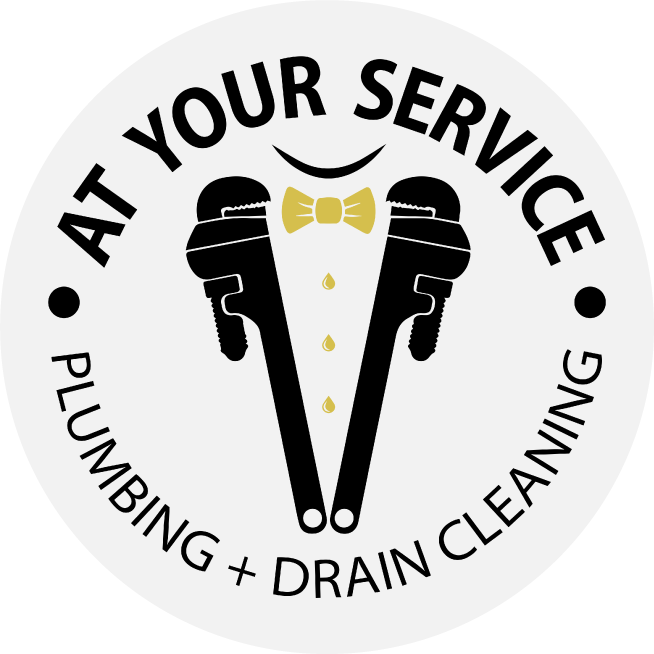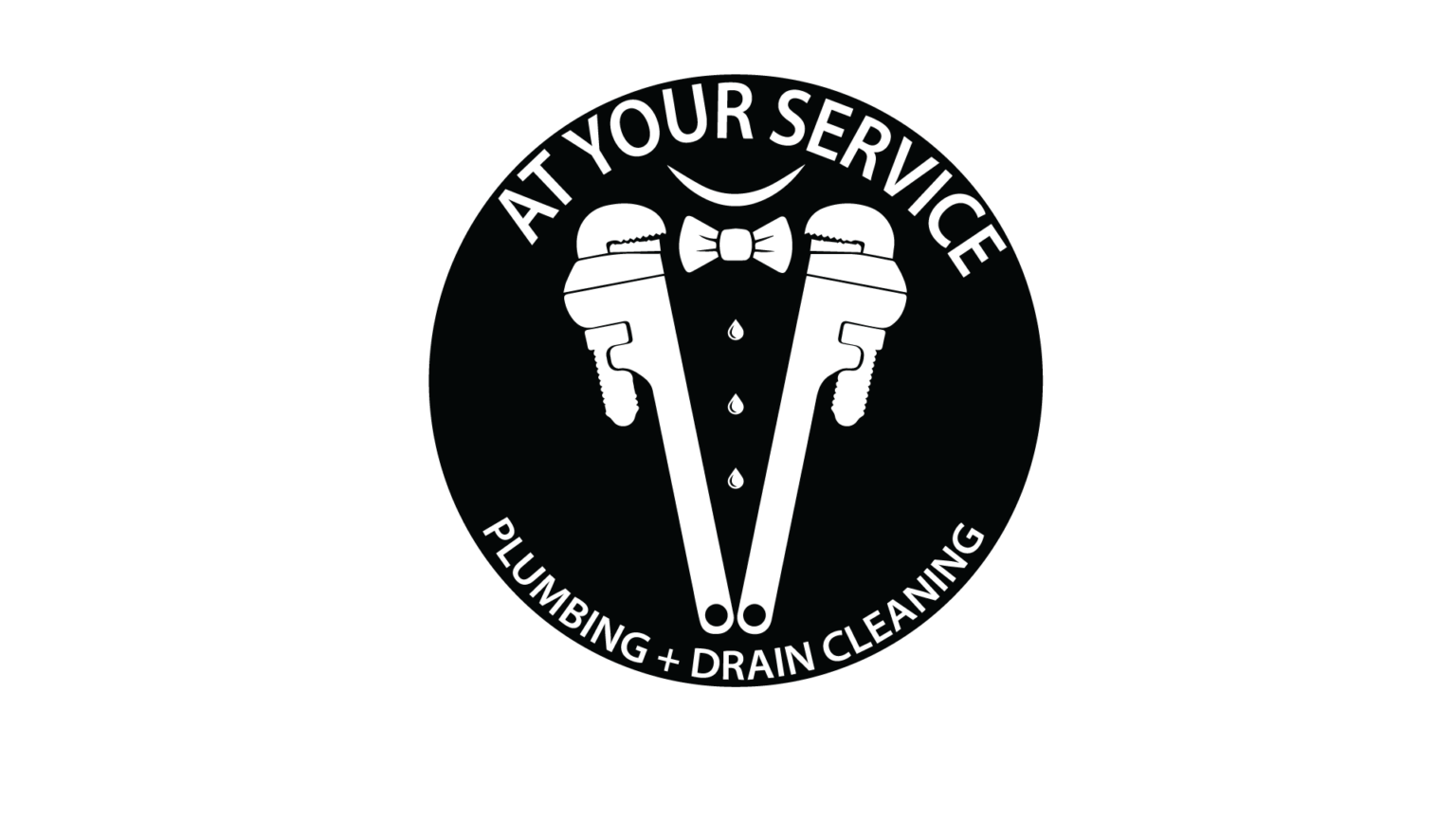
Summer months often bring soaring temperatures, leading to increased water usage as people strive to keep cool and maintain their gardens. Efficient water use during this period is crucial to conserve resources and reduce utility bills. This article provides comprehensive tips on how to save water and maintain efficient plumbing during the hottest months of the year.
Understanding Water Usage in Summer
During summer, water usage spikes due to several factors. Lawns, gardens, and pools require more water, and households often increase their usage to stay cool. Understanding these patterns is the first step in developing effective water-saving strategies. According to the Environmental Protection Agency (EPA), outdoor water use accounts for 30% of household water usage in the United States, with this percentage increasing during the summer months.
Smart Irrigation Practices
One of the most significant areas where water can be conserved is in garden and lawn care. Here are several strategies to optimize water usage for irrigation:
Efficient Watering Techniques
Watering your plants early in the morning or late in the evening reduces evaporation, ensuring that more water reaches the roots rather than evaporating in the heat. Deep watering but less frequently encourages plants to develop deeper root systems, making them more drought-resistant and reducing the need for frequent watering. Mulching around plants and garden beds helps retain moisture, reduce evaporation, and suppress weeds that compete for water.
Irrigation Systems
Consider installing a drip irrigation system, which delivers water directly to the plant roots, minimizing waste. Utilizing smart irrigation controllers that adjust watering schedules based on local weather conditions ensures that plants receive the right amount of water.
Indoor Water Efficiency
Indoor water use also increases during summer, especially with more frequent showers and the need to stay hydrated. Implementing water-saving devices and practices indoors can significantly reduce water usage.
Water-Saving Fixtures
Replacing old showerheads with low-flow models can save up to 2.5 gallons per minute without compromising water pressure. Installing aerators on faucets reduces water flow while maintaining pressure, saving up to 1 gallon per minute.
Efficient Plumbing Practices
Leaky faucets and toilets can waste a significant amount of water. Regularly check for leaks and fix them promptly. According to the EPA, fixing easily corrected household water leaks can save homeowners about 10% on their water bills. Consider upgrading to water-efficient appliances, such as washing machines and dishwashers. Look for the WaterSense label, which indicates the appliance meets EPA criteria for water efficiency.
Landscaping with Native Plants
Choosing the right plants for your garden can also make a significant impact on water conservation. Native plants are adapted to the local climate and typically require less water and maintenance than non-native species.
Benefits of Native Plants
Native plants are naturally suited to the local climate, reducing the need for supplemental watering. These plants are more resistant to local pests and diseases, reducing the need for chemical treatments and additional water.
Implementing Xeriscaping
Xeriscaping is a landscaping method that uses drought-resistant plants and efficient irrigation techniques. Key principles include soil improvement, efficient irrigation, and the use of mulch. Choosing plants that thrive in your local climate and soil conditions, and grouping plants with similar water needs together to optimize irrigation, are effective xeriscaping practices.
Efficient Pool Maintenance
Swimming pools are popular in summer but can be major water consumers. Efficient pool maintenance practices can help conserve water.
Covering Pools
Using a pool cover when the pool is not in use can reduce evaporation by up to 95%. This practice not only saves water but also helps retain heat, reducing energy costs for heating the pool.
Regular Maintenance
Regularly inspect the pool for leaks and repair them promptly. Even a small leak can result in significant water loss over time. Using an efficient filtration system reduces the need for frequent backwashing, which can save both water and energy.
Community Involvement and Education
Community involvement and education play crucial roles in promoting water conservation. Engaging with local organizations and participating in community events can help spread awareness and encourage collective efforts to save water.
Educational Programs
Attending or organizing workshops and seminars on water conservation techniques provides valuable information and resources to the community. Implementing water conservation programs in schools to educate children about the importance of saving water and adopting efficient practices is also beneficial.
Community Projects
Encouraging rainwater harvesting projects in the community is an effective way to conserve water. Rain barrels can be used to collect and store rainwater for irrigation, reducing the demand for municipal water supplies. Conducting community-wide water audits to identify areas of high water usage and implementing strategies to reduce consumption is another effective community project.
Implementing water efficiency measures during the summer months is essential for conserving water, reducing utility bills, and protecting the environment. By adopting smart irrigation practices, using water-saving fixtures, landscaping with native plants, maintaining efficient pools, and engaging in community education, we can significantly reduce water usage and ensure sustainable water resources for the future. Embracing these strategies not only benefits individual households but also contributes to broader conservation efforts, fostering a more sustainable and resilient community.


